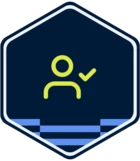Hello,
Curious if anyone has seen any rules (outside of the “standard” rule set that really helps CS teams perform well? I am aware of the SLA features and love those, but any creative workflows or sequences anyone has seen work really well for Customer Success teams?


